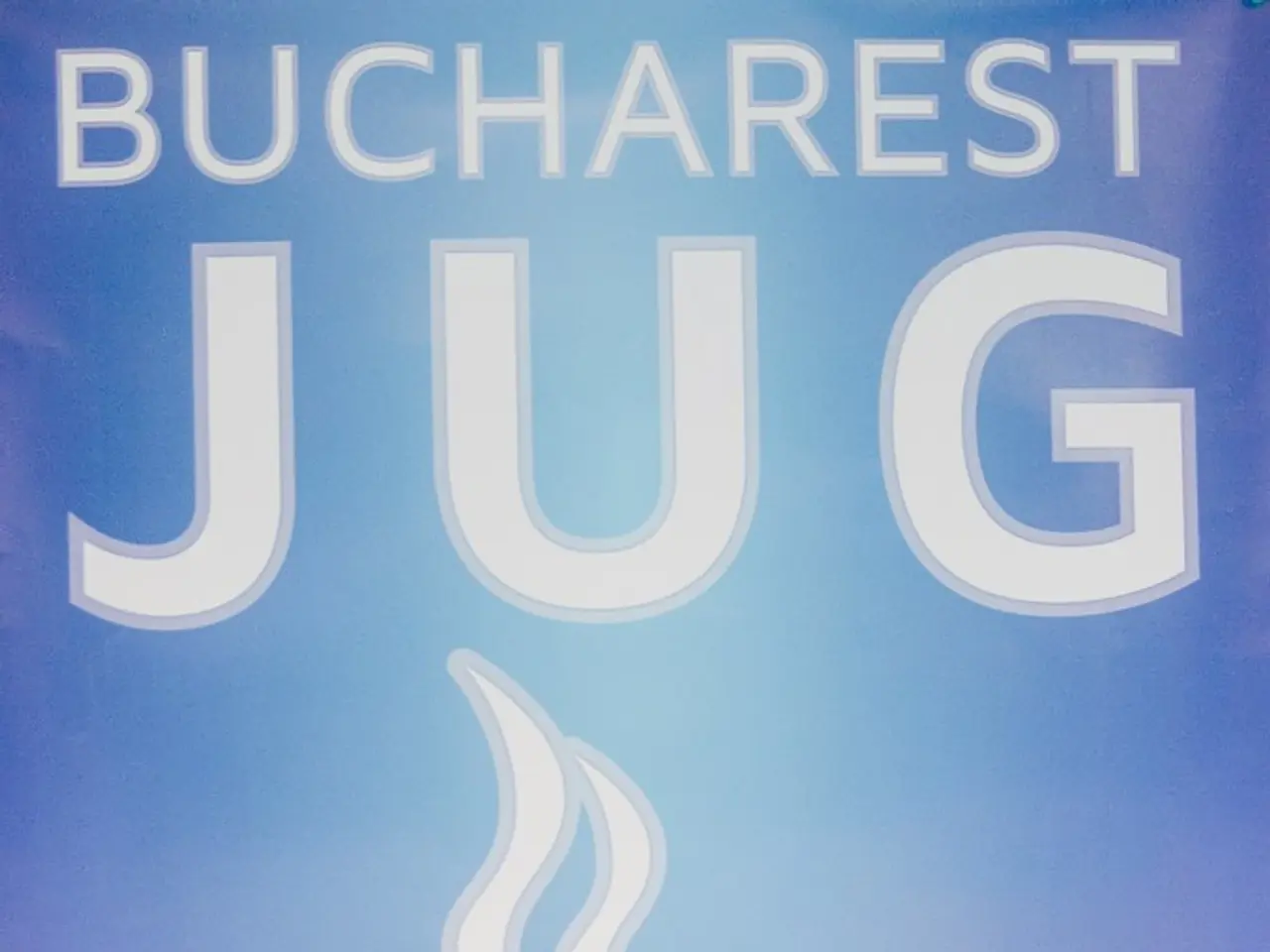Regulatory Agency SEC Exempts Ethereum's Lido and Solana's Jito, Two Liquid Staking Entities, From Applicability of Securities Regulations
In a significant move for the decentralized finance (DeFi) sector, the Securities and Exchange Commission (SEC) has exempted liquid staking services from securities regulation. This announcement, made in August 2025, has opened up new opportunities for DeFi applications and their users, particularly for major players like Lido and Jito.
DeFi applications are the lifeblood of the on-chain economy, enabling users to interact with, buy, borrow, lend, or sell crypto assets without giving up control of their assets or disclosing personal information. Two of the key players in this space, Lido and Jito, have found themselves at the forefront of this evolution.
Lido, holding over $31 billion worth of ETH, is the largest player across all of decentralized finance and the top ETH staker globally. Meanwhile, Jito, operating on the Solana blockchain, is also a significant player in the DeFi ecosystem.
The SEC's latest stance is that certain liquid staking activities do not constitute the offer or sale of securities, provided specific factual conditions are met. This means liquid staking providers who only perform administrative or ministerial functions, do not exercise discretion in staking decisions, and do not guarantee yields, are exempt from securities registration requirements.
Regarding affected projects, the guidance implicitly covers major liquid staking protocols that follow these structures, such as Lido, Jito, and Rocket Pool. The statement explicitly applies to liquid staking on proof-of-stake blockchains that mirror the “Protocol Staking” narrow carve-out, excluding centralized or actively managed staking services.
Jito Labs CEO Lucas Bruder commented on the SEC's guidance on liquid staking, showing a nuanced understanding of liquid-staking-token technology. Bruder's statement underscores the potential impact of this regulatory shift on the DeFi landscape.
With this newfound regulatory clarity, DeFi users can now trade with their staking receipt tokens across protocols while their deposits accrue staking rewards, enhancing the liquidity and adaptability of their assets. This development is a significant step forward in fostering innovation and growth in the DeFi sector.
| Aspect | SEC's Current Position | |-------------------------|----------------------------------------------------------| | Regulation | Liquid staking (under stated conditions) not securities | | Provider role | Administrative/ministerial only, no discretion | | Yield guarantees | None allowed (no guarantees of return) | | Receipt tokens | Not securities | | Affected projects | Protocols like Lido, Jito, Rocket Pool (if conforming) | | Exclusions | Centralized staking, discretionary management, hybrid models |
This stance is part of the SEC’s broader "Project Crypto" initiative aimed at clarifying crypto regulation and fostering innovation under clear federal securities law guidance. The SEC's recent moves, including the exemption of liquid staking, crypto mining, meme coin trading, and stablecoins from their jurisdiction, are part of a trend since President Donald Trump's return to power.
In summary, the SEC's latest guidance on liquid staking has provided a significant boost to DeFi giants like Lido and Jito, offering users the ability to trade with their staking receipt tokens across protocols while their deposits accrue staking rewards. This development is a testament to the SEC's commitment to fostering innovation in the crypto space while maintaining regulatory clarity.
[1] SEC Staff Statement on Liquid Staking Tokens (August 2025) [2] SEC's "Project Crypto" Initiative (June 2025) [3] Market Reactions to SEC's Liquid Staking Guidance (August 2025) [4] SEC's Division of Corporation Finance Statement on Liquid Staking (August 2025) [5] Federal Securities Law Guidance for Crypto Assets (May 2025)
- The Securities and Exchange Commission (SEC) has exempted liquid staking services from securities regulation, marking a significant move for the decentralized finance (DeFi) sector.
- This regulation change opens up new opportunities for DeFi applications and their users, particularly for major players like Lido and Jito.
- Lido, with over $31 billion worth of ETH, is the largest player across all of decentralized finance and the top ETH staker globally.
- Jito, operating on the Solana blockchain, is also a significant player in the DeFi ecosystem.
- The SEC's guidance exempts liquid staking providers who only perform administrative or ministerial functions, do not exercise discretion in staking decisions, and do not guarantee yields from securities registration requirements.
- Major liquid staking protocols such as Lido, Jito, and Rocket Pool are included in this exemption, provided they conform to the specific conditions.
- Centralized staking, discretionary management, and hybrid models are excluded from this exemption.
- Jito Labs CEO Lucas Bruder has shown a nuanced understanding of liquid-staking-token technology, underscoring the potential impact of this regulatory shift on the DeFi landscape.
- This development is a testament to the SEC’s commitment to fostering innovation in the crypto space while maintaining regulatory clarity, part of their broader "Project Crypto" initiative.




